Agassi (The Handmaiden) press conference: Park Chan-Wook raises questions about literature, history and sex
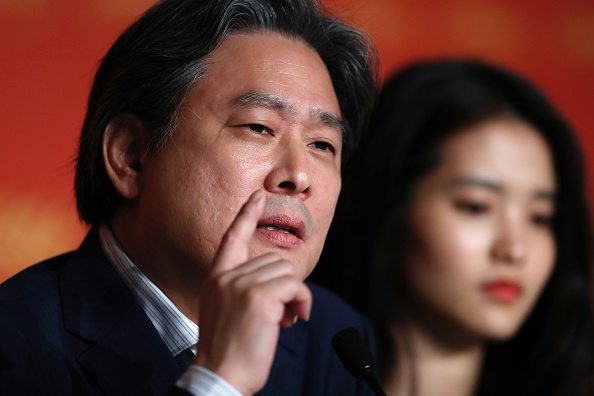
The literary inspiration, historical context and the very explicit sex scenes of Agassi (The Handmaiden) were the top subjects of the film premiere’s press conference. Most questions addressed regarded the subversive elements of Park Chan-Wook’s third offering to be screened at Cannes.
No surprise that the hot topic was the unanticipated lesbian love story the film contemplates. Actresses Kim Min-Hee and Kim Tae-Bi both showed a very positive attitude when asked whether it was difficult to play the very erotic scenes, considering that homosexual relationships, especially between women, still remain a taboo in Korea. Kim Min-Hee in particular recalls focusing on her childhood memories of playing with her girlfriends rather than worrying about reception. Not at all reluctant to take these roles, both she and Kim Tae-Bi affirmed they were much more interested in the evolution of their characters and in conveying “the character’s feelings”. Male counterparts also play an essential part in the story, as actors Ha Jung-Woo and Cho Jin-Woong as well as the director himself, confirmed. Park Chan-Wook explained how he wanted to lend greater importance to the men in the story, declaring that they all have a feminine dimension, citing a recently read Balzac to support his realisation that “all great men have a female sensitivity”.
Agassi is set during the Japanese colonisation of Korea and Park Chan-Wook elaborated extensively on his research on the historical context: the 1930s, a time that is “often said to be a good time in the history of Korea”. Many Koreans sided with the invaders for economic interest or even personal admiration. The director declared an interest in the latter: “Probably, however, some were truly fascinated by the Japanese, and they are more frightening. I wanted to look into these characters that were so fascinated (by the Japanese).” Addressing those who were perplexed by what was interpreted as “multicultural orientalism”, Park Chan-Wook reassured them with the great attention he put into setting and decor, explaining how his idea was “a story that transcends nationalities”, a clear example being the coexistence of Western, Japanese, and Korean traditional architecture as well as attire.
The filmmaker also insisted on wanting to adopt an original approach, rather than showing stereotypes depicting the two countries. Adding another note on his creative process, the director added that “this was also an opportunity to show how Korea started becoming more modern, how modernity influenced the Korean people”. The literary source of Agassi also raised several questions on Park Chan-Wook’s love for European literature (the film is adapted from the novel Fingersmith by Welsh author Sarah Waters), to which he professed his love for all literary production, independent of country.
Jasmin Valjas
Read our review of Agassi (The Handmaiden) here.




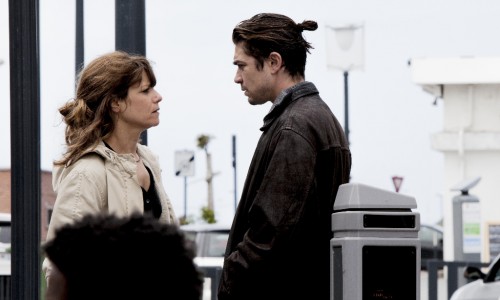
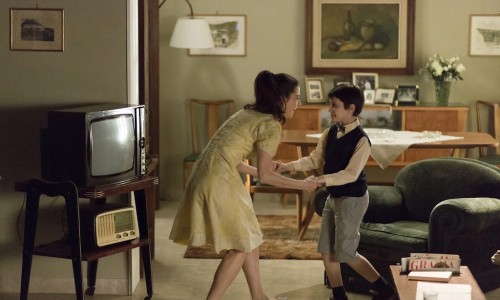

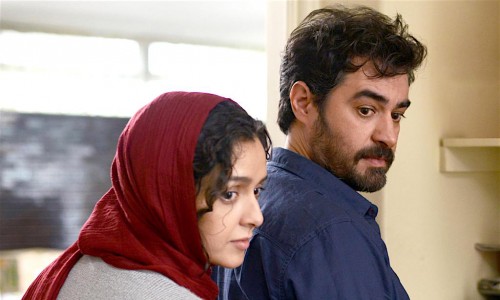





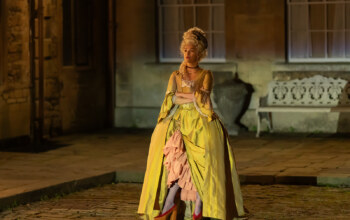







Facebook
Twitter
Instagram
YouTube
RSS